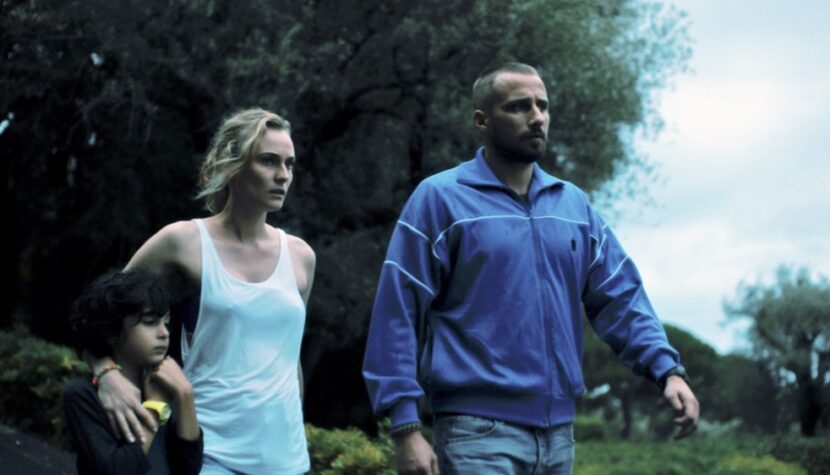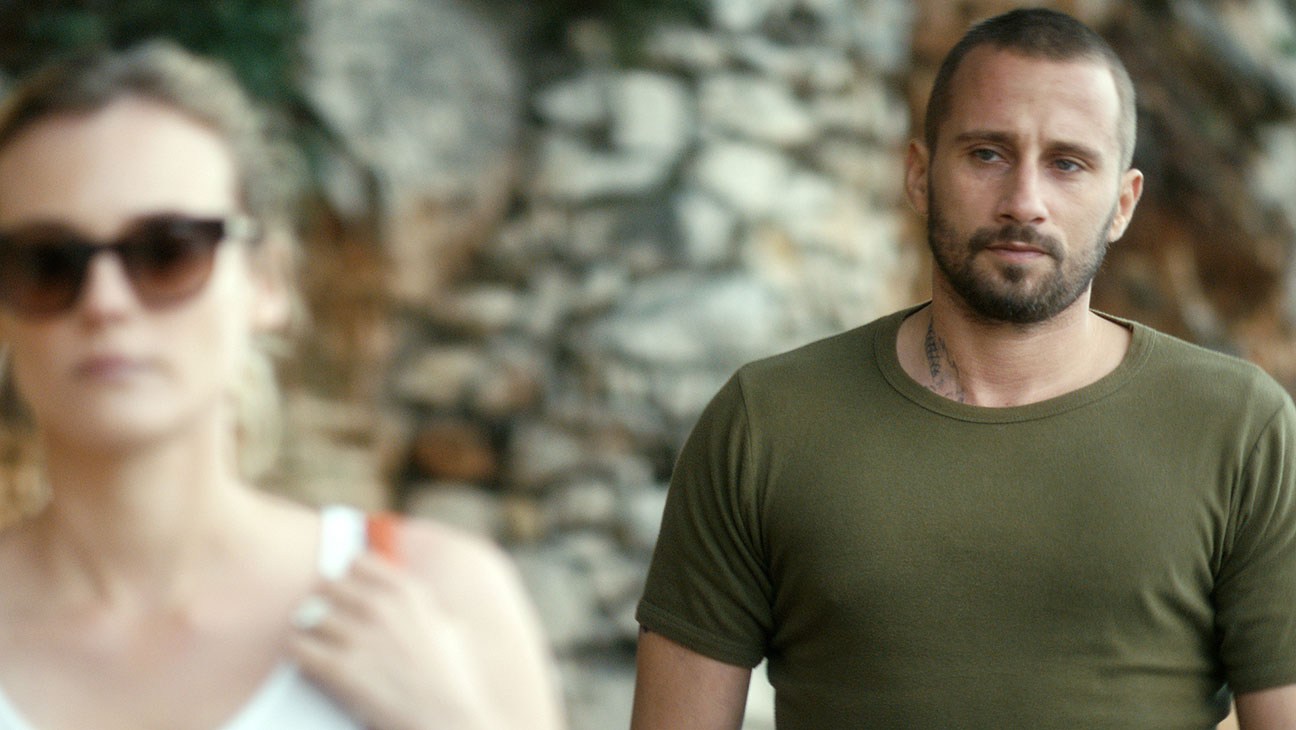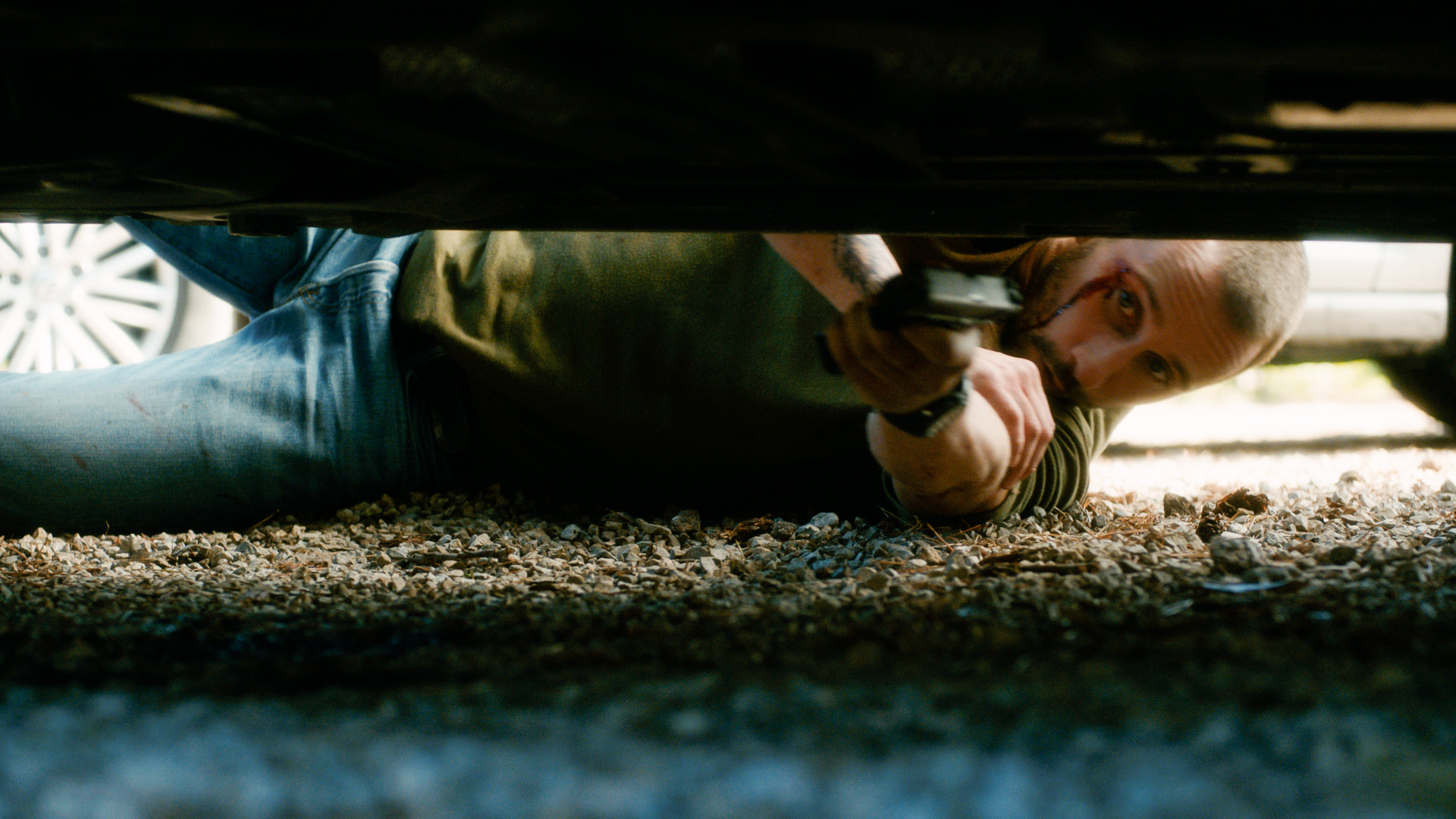DISORDER. A surprising thriller that doesn’t shy away from brutality

Disorder is described as an art-house thriller, but such a description may mislead both enthusiasts of ambitious and demanding cinema, as well as fans of genre entertainment. This is not because Alice Winocour’s work doesn’t attempt to merge these two different cinematic worlds. Indeed, the sensational plot has an unusual setting and, narratively, goes beyond conventional schemes. However, what is most interesting in it is somewhat on the fringes of form and content. The entirety may surprise both those seeking strong cinematic experiences and those inclined towards the originality of the narrative.
Vincent, a soldier, works as a hired bodyguard between missions. Employed by a Lebanese businessman with political ties to the French government, the main character is tasked with protecting his family – wife and young son – in the absence of the employer. Soon, Vincent notices that danger may be looming over his clients, though both the protected woman and the audience have doubts about trusting the man’s judgment. Perhaps he is correct, and someone is indeed following them, but it is equally likely that we are witnessing the delusions of a person who, living in constant stress, no longer distinguishes reality from hallucinations.

Belgian actor Matthias Schoenaerts plays Vincent, convincingly portraying his character as a not very talkative, silent powerhouse, confined to the role of the titular shadow of the housewife (Diane Kruger). She is portrayed as a psychologically unstable person with a weak hearing and frayed nerves. Still, Vincent also demonstrates a desire to prove to his surroundings that he is more than just a mountain of muscles. Especially the reception sequence at the beginning of the film, during which Vincent extracts information about the political background of the intrigue, aims to present the character as an intelligent beast with his own reasoning. However, the director deliberately manipulates our attitude towards this character – wanting us to trust and admire his hidden abilities, although they may ultimately seem irrelevant when paranoia takes over.
Winocour builds tension on several levels. The existence of post-traumatic stress effects prevents complete trust in the main character, making him primarily a threat to himself and his surroundings. His evident interest in the businessman’s beautiful wife also raises concerns whenever the two interact. Kruger excels in her role, expressing fear of her bodyguard with just a glance. She also resembles a cold, Hitchcockian blonde, capable of embarrassing Vincent when he is in her company. It’s a bit unfortunate that the director doesn’t capitalize on the hidden erotic tension in the story. There is a romantic subplot, but it is presented in a less convincing way, later overshadowed by the intensity of the plot.
In this regard, Disorder surprises the most. The French director is unafraid of brutality and possesses the skill to execute action scenes.
When the first such moment appears in the film, it amazes with its violence but also provides an opportunity to present Vincent in a new light, as someone who can rise to the occasion. This twist is somewhat expected, welcomed even with genuine satisfaction, but at the same time, it diminishes the tension arising from the distance to the character, replacing it with another, based on external danger. Something for something.

The psychological thriller transforms into an action thriller, although not entirely. Schoenaerts’ characters are exceptionally challenging to trust, and the confinement of the characters in one location, the Maryland villa, serves to intensify the atmosphere of danger. The film’s pace remains slow yet intense, emphasized by electronic music. Disorder remains a climactic and intimate thriller until the end, exceptionally reluctant to reveal who and why is behind the attack on the absent businessman’s family. Winocour only takes elements of genre cinema that serve not so much the story but the portrayal of the main character. We learn enough about Vincent to make sense of certain plot ambiguities and interpret the final scene in a literal or more suspicious way. Much depends on whether we leave the cinema satisfied or disappointed.

